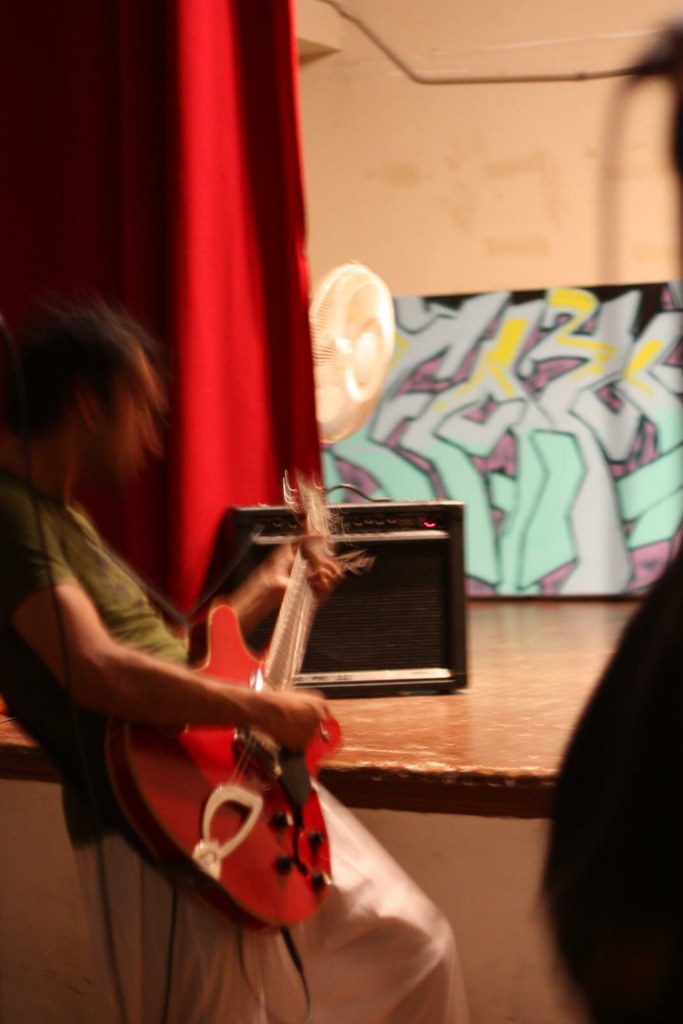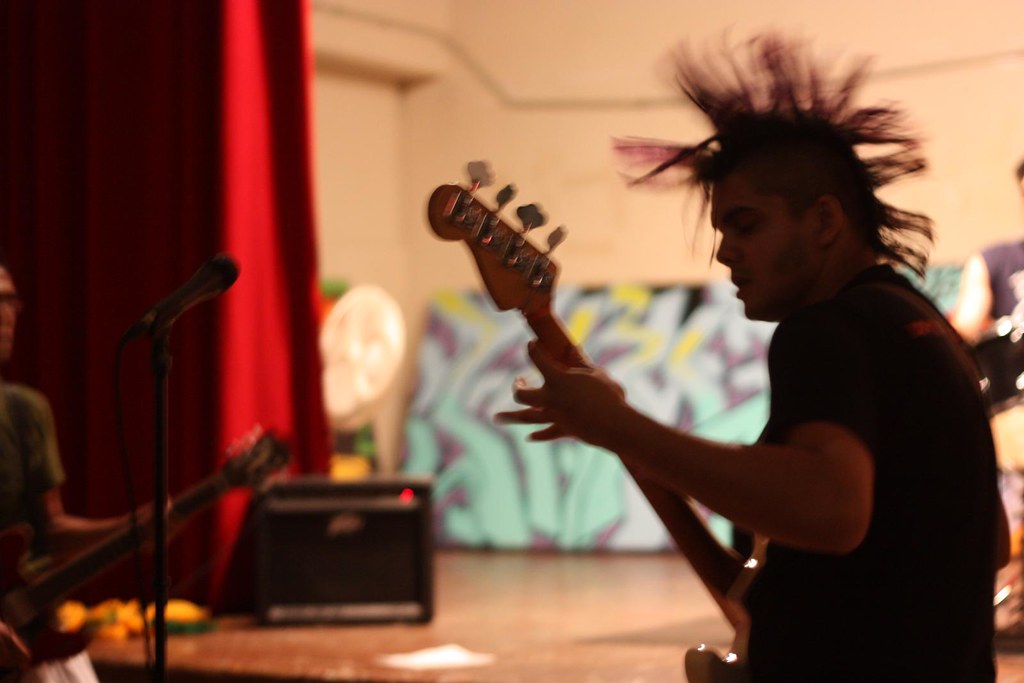Back in October, Thomas Burkhalter sent out a call for music documentaries to be screened at the second annual Norient Music & film Festival on the Society of Ethnomusicology Listserv (SEM-L). I wrote back with an enthusiastic recommendation for Omar Majeed’s 2009 documentary film Taqwacore: The Birth of Punk Islam. Thomas immediately responded explaining that the festival programming committee had already booked the film. In the same email, he invited me to contribute a one-page program note to introduce the film and the bands covered in the documentary. I happily agreed.
Several weeks ago, after I came back from SEM (at which I presented my paper about mapping The Kominas’ digital diaspora), I composed a short essay based on some of my notes used in an introductory remark about The Taqwacores (Eyad Zahra’s feature length based on Mike Knight’s book The Taqwacores) screening at the Virginia Film Festival. I wrote my program note in English; and Thomas translated it into German. The essay is now posted. Here’s the article (auf Deutsch!) for those of you German readers out there. And for those you are fluent more so in English than in German. [And if you live anywhere near Switzerland, you should go check out the film at the Festival in January 2011!]
Having had the opportunity to get to know Omar Waqar and the members of The Kominas, I’ve come to feel a collective urgency in writing responsibly as a way to undo some of the earlier bad journalistic coverage of the bands involved in the nascent taqwacore scene. Academic writing takes centuries to move forward. Besides my analysis of The Kominas’ musical works in my dissertation, I have engaged myself in various non-academic taqwacore-related projects.
Norient is a collective of writers and ethnographers, loosely associated with academia, who contribute text and media documentation of the world’s fringe musical life beyond textbook terms and definitions. Thanks to Thomas for the opportunity to write on behalf of Norient. I look forward to collaborating with Norient in the future.











 bio
bio